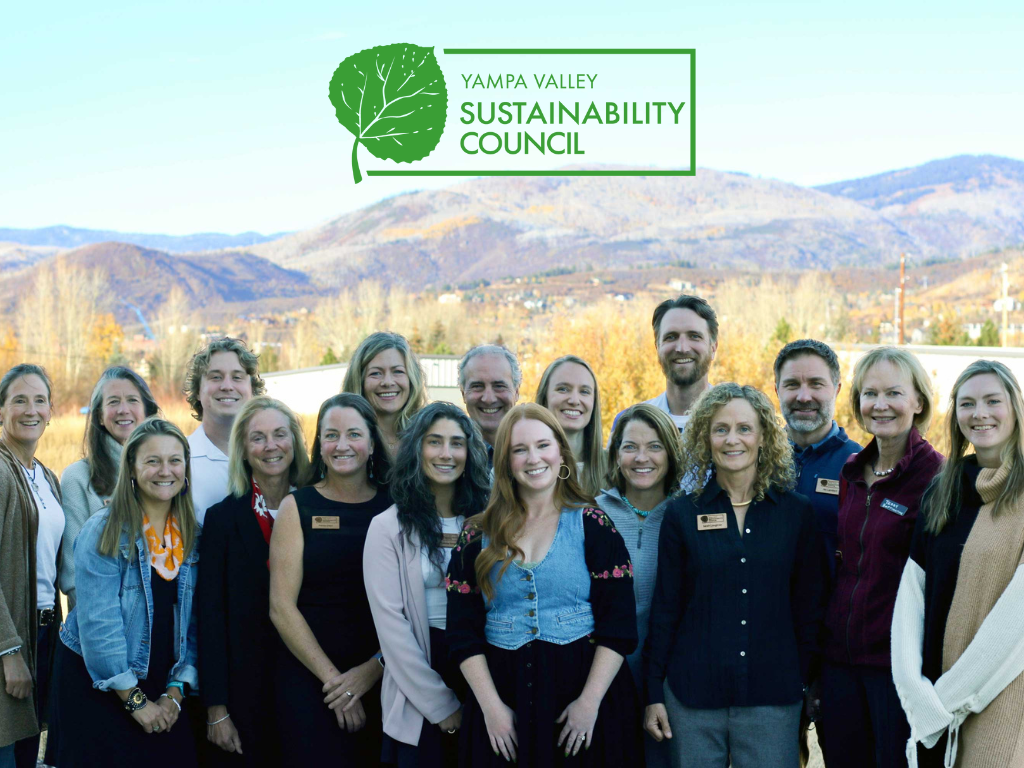JULY 8, 2019 BY
June 19, 2019
The design of this Oak Leaf Energy Partners solar garden in Rifle is similar to a solar garden that will be built in Chaffee County later this summer. Lake County Government has subscribed to about 9 percent of the Chaffee County garden’s capacity.
Thanks to a subscription to a soon-to-be-built solar garden in Chaffee County, Lake County Government will likely offset about 85 percent of its electrical use with renewable energy by 2020.
Oak Leaf Energy Partners, the Denver-based solar energy development company responsible for the facility, will break ground on the 11-acre garden later this summer with hopes of generating electricity for its subscribers this fall.
Once the garden is activated, Lake County will receive monthly bill credits from Xcel Energy for each kilowatt hour of its solar subscription. Oak Leaf and Lake County will share the cost savings, allotments determined by the garden’s meter.
Though it is tough to predict the price of electricity in future years, Oak Leaf estimates that the subscription will save Lake County about $128,000 over the 20-year contract period.
“This subscription shows a great commitment to environmental sustainability on behalf of the Board of County Commissioners,” Cloud City Conservation Center Energy Programs Director Cameron Millard told the Herald. “It is also a smart financial move.” Millard helped the county and Oak Leaf negotiate the subscription contract.
The county already powers about 55% of its electrical usage from renewable sources through a subscription to Clean Energy Collective’s solar garden off U.S. 24 and a variety of solar-power purchase agreements.
Once the Oak Leaf subscription kicks in, Millard estimates that the county’s commitment to renewable energy will equate to removing 165 passenger vehicles from the road each year, or the greenhouse gas savings equivalent to not driving vehicles 2 million miles.
The Chaffee County solar garden represents an evolution in municipal solar development relative to some of the county’s other power purchase agreements.
Oak Leaf will build and maintain the 5,715 panel garden itself. There is no up-front cost, land lease, encumbrance, or maintenance for Lake County, which will use about 9% of the garden’s capacity.
The garden’s other municipal subscribers include the City of Salida, Chaffee County, Salida Schools and the Saguache County Housing Authority.
“It often takes us a long time to earn trust,” Hereford said of Oak Leaf’s relationships with municipalities across the state, some of which ended up underwater as a result of participating in first-generation solar agreements that involved differing levels of encumbrance.
“We have a good quality group of folks here who are committed to what we are doing.”
If all goes as planned, Chaffee County’s sunny skies, high altitude and low humidity will make for a high production rate and subsequent return on investment.
According to Millard, the Oak Leaf subscription is relatively low-risk for Lake County.
If the cost of electricity goes up each year, the county will see consistent savings from the solar subscription on Xcel bills. If the cost of electricity goes down, the county will likely see savings on Xcel bills from Xcel itself. If the county pays the exact same as it currently does electricity each month, the subscription is still an investment in clean energy.
Oak Leaf is also offering low-income subscriptions to ten C4 clients, as well as a $15,000 donation to Lake County Community Fund. Low-income subscribers with electric heating could see up to 75% of their Xcel bill disappear, Millard said.
“We pick one subscriber partner to donate to per year,” Hereford told the Herald. “It is important to give back to the small communities we work in.”
According to Millard, environmental responsibility isn’t only about offsetting electrical usage with clean energy. Lowering energy usage is also important.
Over the next year, Millard will work with the city and county to retrofit lights, install storm windows and teach conservation habits amongst employees.
Though Lake County still trails behind some Colorado municipalities like Aspen and Breckenridge who are, or soon will be, 100% powered by renewable energy, the county continues to work towards reducing its carbon footprint.
“For rural counties like Lake, we are in a leadership position,” Millard said. “We might not be first in the state but we are keeping pace with our wealthier neighbors.”






